A balanced diet is essential not only for a healthy body but for a vibrant and youthful skin as well. Many people invest in a skincare routine that aims to correct wrinkles, discoloration, decreased elasticity or the various spots and scars that appear with age.
However, the truth is that you can not substitute nutrition with your night moisturizer.
The skin is our largest organ and is in constant contact with air pollutants, emissions, and temperature changes.
As a result, your skin is the first to signal any overexposure or deficits that your body might suffer from.
Without the right nutrients for your body to consume, your skin will not respond effectively to any skin care routine.
The key to sustainably restore and maintain your skin’s glow is to first fix your nutrients intake, then correct the remaining problems with the right skincare routine.
Skincare routine and nutrition
In many cases skin damage appears as a result of oxidation, an internal chemical process during which free radicals interact with healthy cells, altering their balance.
Eating the right foods can improve your skin’s health by restoring the elasticity, hydration level, bacterial balance and production of sebum.
A personalized diet that provides enough nourishment to restore your skin barrier is the first step to include in your skincare routine.
Multivitamin nutrition can protect your skin cells against oxidative stress and free radicals, smoking or pollution.
To maintain your skin well-nourished and regenerated, make sure to include in your diet the 9 foods good for your skin listed below.
Antioxidants, the holy grail of your skincare routine
Blueberries, blackberries, strawberries and plums are rich in antioxidants, which prevent the damage caused by free radicals.
By doing so, these foods delay the signs of aging, keeping the skin younger for longer.
Pecans, beans, prunes and artichokes are other good sources of antioxidants, so they should be included in your menu more often.
Vitamin A
What does vitamin A do? Plenty. It is critical for your skin’s health, being a micronutrient that grows and repairs the dermal tissue.
Inside the human body, vitamin A derives from beta-carotene, a powerful antioxidant that minimizes the harmful effects of free radicals.
Foods that provide this antioxidant include carrots, red bell peppers, mangoes, apricots, cantaloupe, sweet potatoes and pumpkins.
Vitamin A is involved in cell differentiation and gives the skin cells their structural integrity, maintaining the tissue soft and smooth.
It has antioxidant and antibacterial properties, keeping your skin well moisturized and preventing acne and ulcers. An absolute must in any skincare routine.
Incorporate Vitamin C in your skincare routine
Involved in the production of collagen fibers which keep the skin elastic and firm and protect against damage caused by oxidation, vitamin C is another important micronutrient that should be taken from foods.
Vitamin C foods include broccoli, oranges and other citrus fruits, pineapple, bell peppers, tomatoes, watermelon and strawberries.
Just like vitamin A, vitamin C has antioxidant properties and supports the functioning of the immune system.
According to research, acne and easy bruising can be signs of vitamin C deficiency, so if you want to maintain your skin’s youth, eat more cherries, kiwi fruits, Brussels sprouts, parsley and other foods rich in this micronutrient.
Vitamin E
Vitamin E protects your cells by maintaining the health of membranes and guarding the skin against the damage caused by UV rays.
Reports suggest that in combination with vitamin C, vitamin E can offer anti-aging protection.
Still, given that there are a couple of studies that indicate that supplements of vitamin E may not be safe, you can still include in your diet nuts and seeds, fortified whole-grain cereals, olive oil, spinach, wheat germs and Swiss chard.
Vitamin B
Vitamin B is necessary for DNA synthesis and the repair of your skin cells.
Not getting enough of this micronutrient can lead to oily skin, stretch marks, seborrheic dermatitis and rosacea.
Good sources of B vitamins include fortified cereals and whole grains, avocado, beef and chicken.
Omega-3 fatty acids
Omega-3 fatty acids are important for your skin’s health, as they maintain the integrity and functioning of cell membranes, allowing water and nutrients to get in.
They reduce inflammation and prevent skin damage and breakouts.
A proper intake of these fats lower the risk of acne and prevent dry skin; on the other hand, not eating enough omega-3 can increase the risk of dermatitis, acne, psoriasis and other skin problems.
Good sources of omega-3 fatty acids include fish oils, mackerel, wild salmon, herring, sardines, enriched eggs, flaxseeds, soybeans and walnuts, avocado and chia seeds.
Zinc, magnesium and iron
Of all the food-sourced minerals, these 3 are especially important for skin.
Zinc ensures the cell growth and development, supports the immune system and prevents acne, dermatitis and stretch marks.
It also speeds up wound healing and decreases hair loss. Good sources of zinc include pecans and sunflower seeds, nuts, oysters and ginger.
Magnesium can be taken from cashews, green leafy veggies, hazelnuts, almonds and kelp.
These minerals reduce oxidative stress, increase the delivery of oxygen to cells and support collagen synthesis.
Iron maintains a healthy and even skin tone, prevents dry skin and cold extremities.
Selenium
Selenium plays a crucial role in the health of skin cells. Optimum levels of this micronutrient protect against UV rays damage and reduce the risk of skin cancer.
Along with vitamin A and cooper, selenium protects against sunburn and inflammation.
Collagen
Proteins, paired with amino acids, constitute the foundations of life.
Our skin consists of more than 75% collagen, the most widespread protein in our connective tissues.
Collagen is in charge of wound sealing and maintaining a smooth and youthful looking skin.
With the aging process, collagen levels drop and drives the appearance of wrinkles and fine lines, as the elasticity levels decrease.
An optimal way to maintain collagen production is to incorporate natural collagen sources in your meal plan and skincare routine.
Fish, chicken, berries, avocadoes, tomatoes, beans and leafy vegetables are easy to consume and their benefits don’t stop at collagen production.
Elastin
Have you ever remarked how expressive human faces are, with all the grimaces, wrinkling and folding of the skin?
What if one day you pinched someone’s cheek and the skin would not return to its initial position?
Elastin is a protein found in the dermis and other internal organs, and its role is to prevent just that.
When you smile, chew, frown, talk or laugh, elastin ensures that the skin is flexible enough to bounce back in its original place.
Just as collagen, your body’s natural elastin production slows down with age and skin is visibly starts sagging.
Besides the natural aging process, UV radiation from the sun or smoking can fundamentally affect elastin generation.
However, unlike aging, you have full control of limiting direct sun exposure and applying appropriate levels of SPF at all times, as well as renouncing smoking and second-hand smoke exposure.
Foods that sustain or promote elastin production are fatty fish, green vegetables, almonds, citrus, and oxidant rich foods.
Nourishment vs. correction in your skincare routine
Diet can not fix all your skin issues, although food does play a huge role in your appearance.
Think of it like this: food provides the raw materials for your skin’s health, while cosmetics and a good skincare routine target aesthetic correction.
The skincare industry convinces us to associate beauty with health, but they are not always interchangeable terms.
Features that are deemed unappealing from a cosmetic perspective, such texture or facial hair, are natural and can not be subjected to dietary corrections.
It is therefore important to distinguish between healthy skin and Instagram skin.
Additionally, it is useful to keep in mind that there is a variety of factors that influence skin quality, not just your food intake.
Lifestyle has an immense impact not only on the heath of your skin, but your overall health; especially considering that the first signs of illness or exhaustion appear on the surface of the skin.
If you lead a generally chaotic life, it is not just your meals that need reassessment.
In this case, we recommend approaching your problem on multiple levels, with multiple strategies.
Skincare routine products
Combining nourishment with lifestyle changes and external products is a key strategy in combating skin problems.
External products refer to topical creams, serums, gels or tonics for skin-surface application.
These products are active on the surface of the dermis and in addition to treating, they also shield against pollutants.
One good principle to keep in mind when choosing your external skincare routine is this: if it’s not healthy enough to eat it, don’t put it on your skin.
Based on this principle we’ve developed a series of cosmeceuticals that are crafted for different skin types and aim to fix what diet alone cannot correct.
Our products contain vitamin C, retinol and peptides, all of them involved in maintaining a youthful and clear skin.
Peptides for example are amino acids that function as moisture-binding agents and support skin repair processes. They have anti-aging properties, keeping the skin smooth and firm for longer.
Retinol
As previously mentioned, retinol interrupts the damage process that makes the skin look older and wrinkled.
By incorporating this ingredient in your skincare routine, we provide your skin with anti-aging ingredients that increase collagen production, minimize eczema and acne and prevent wrinkles and spots that appear due to sun damage.
Vitamin C
Is also used at Cosmedocs to refresh and rejuvenate your skin’s appearance.
This micronutrient is an amazing addition to cosmeceuticals, protecting the skin from sun damage and pollution.
Incorporated into your skincare routine, it reduces the appearance of brown spots, stimulates collagen production, reduces irritation, and fades post-breakout red marks.
Takeaway
To learn more about our products and the optimal skincare routine, visit our treatments section.
Alternatively, comment below and let us help you identify the best solution for your skin problems!











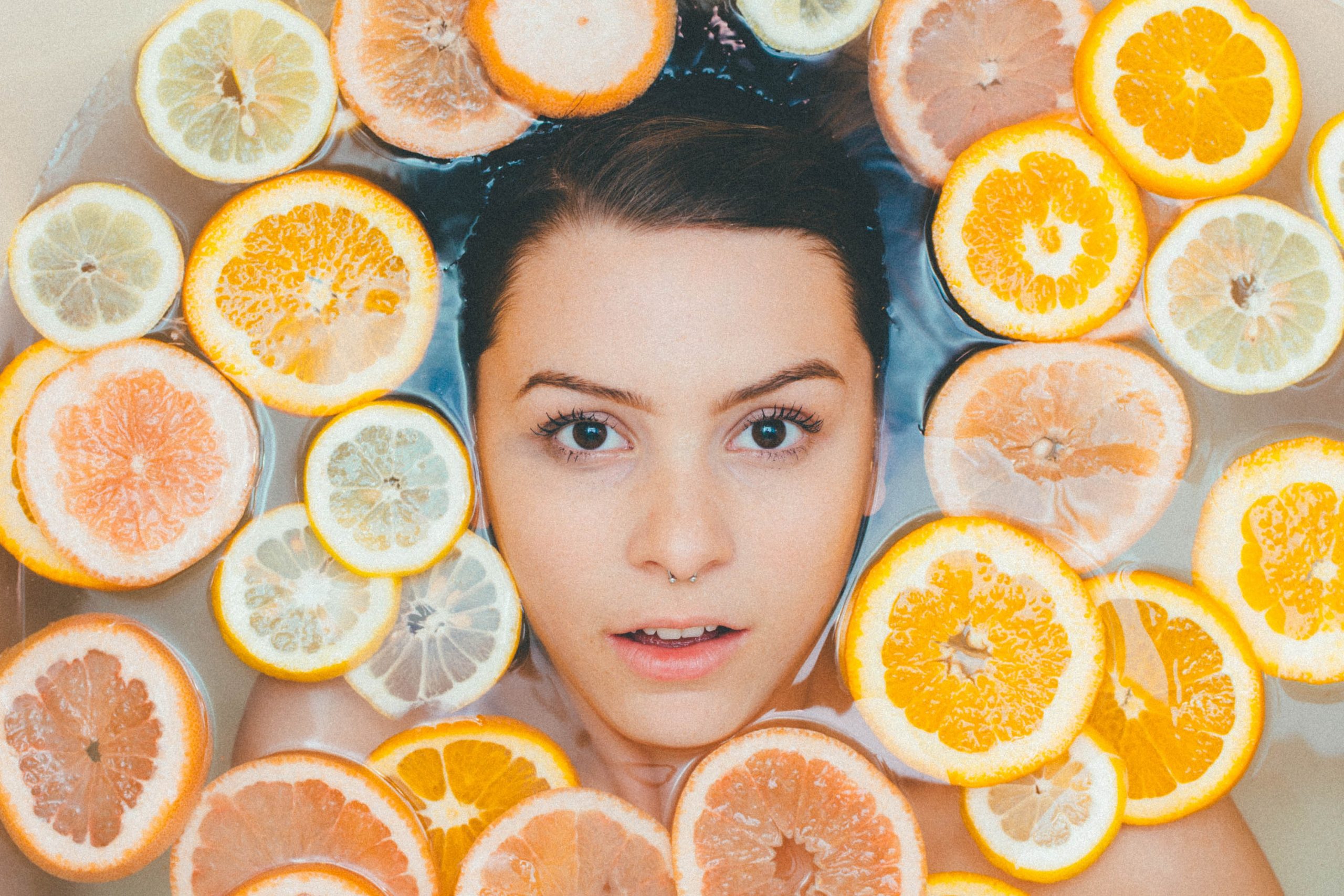

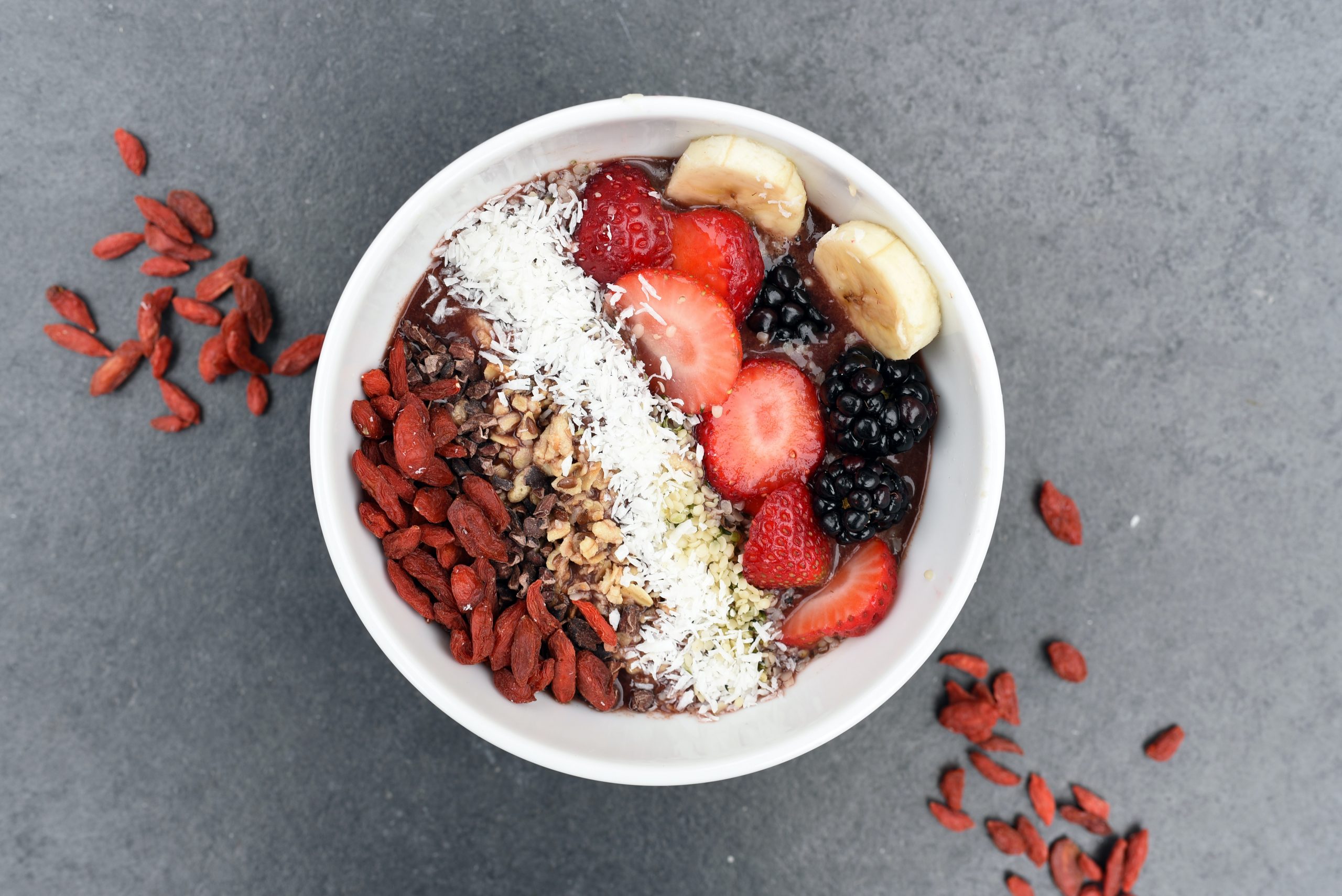
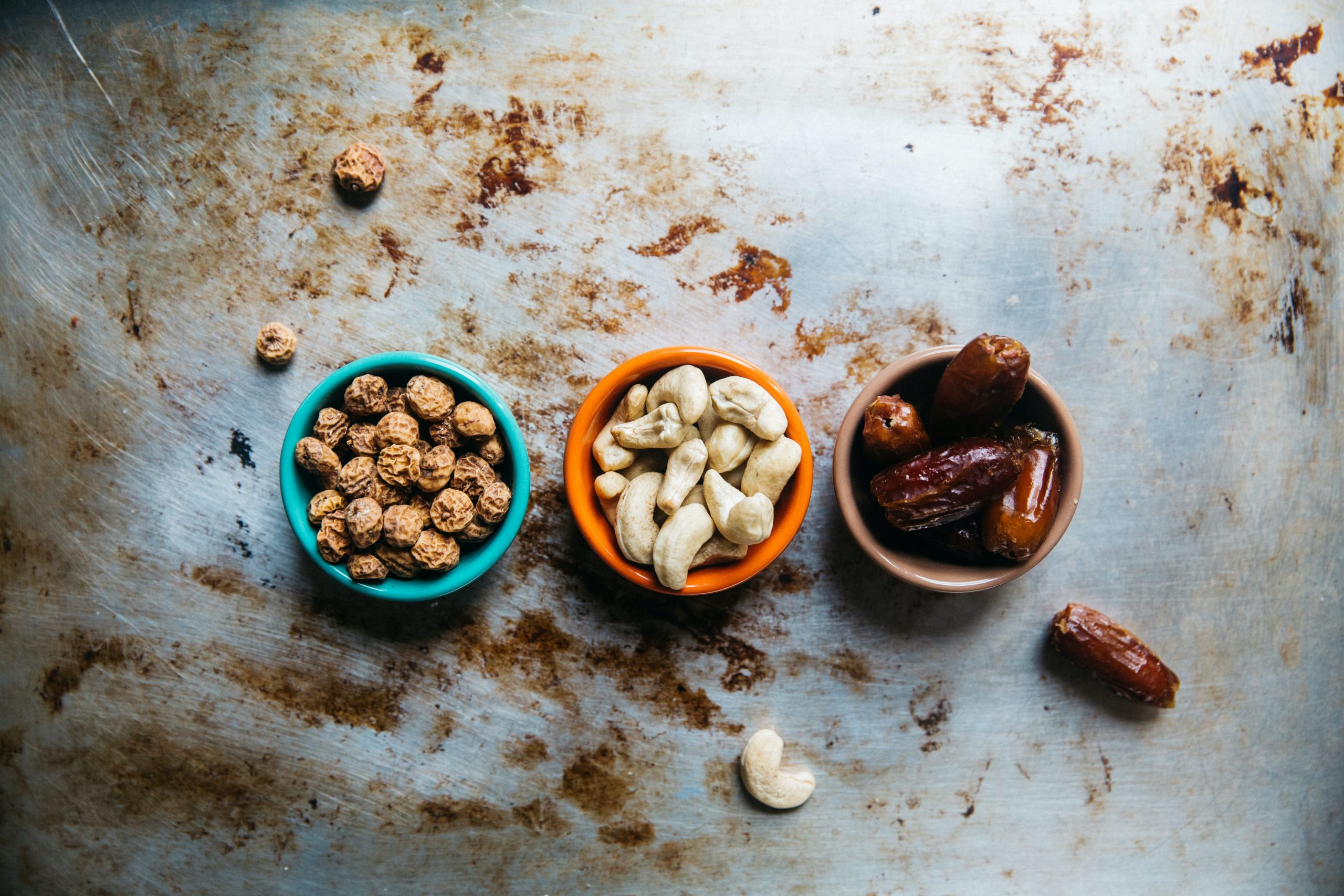
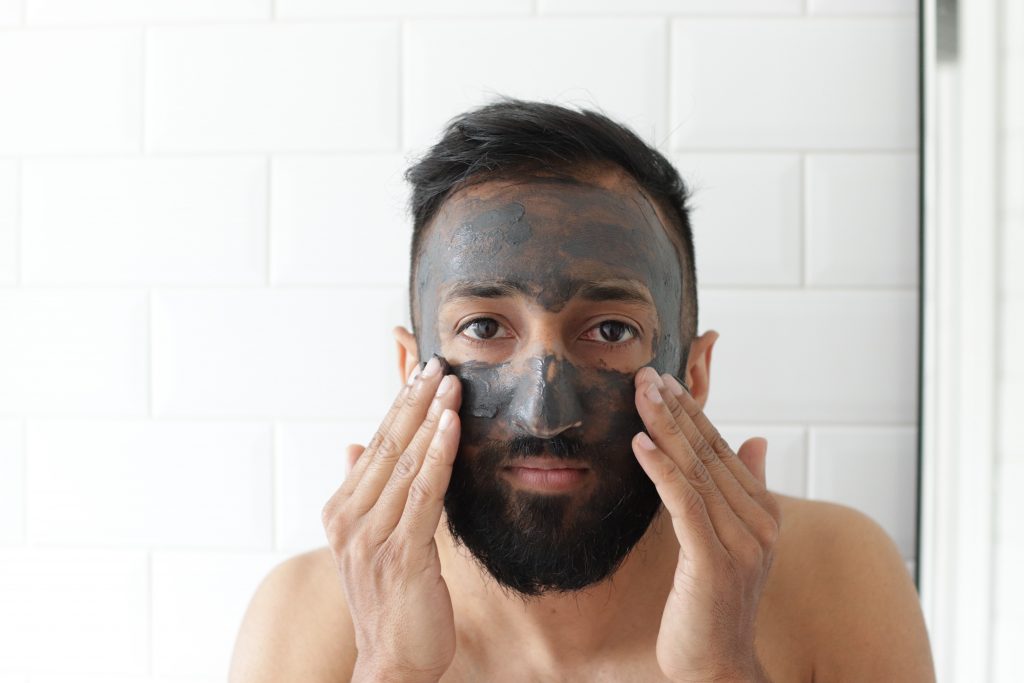
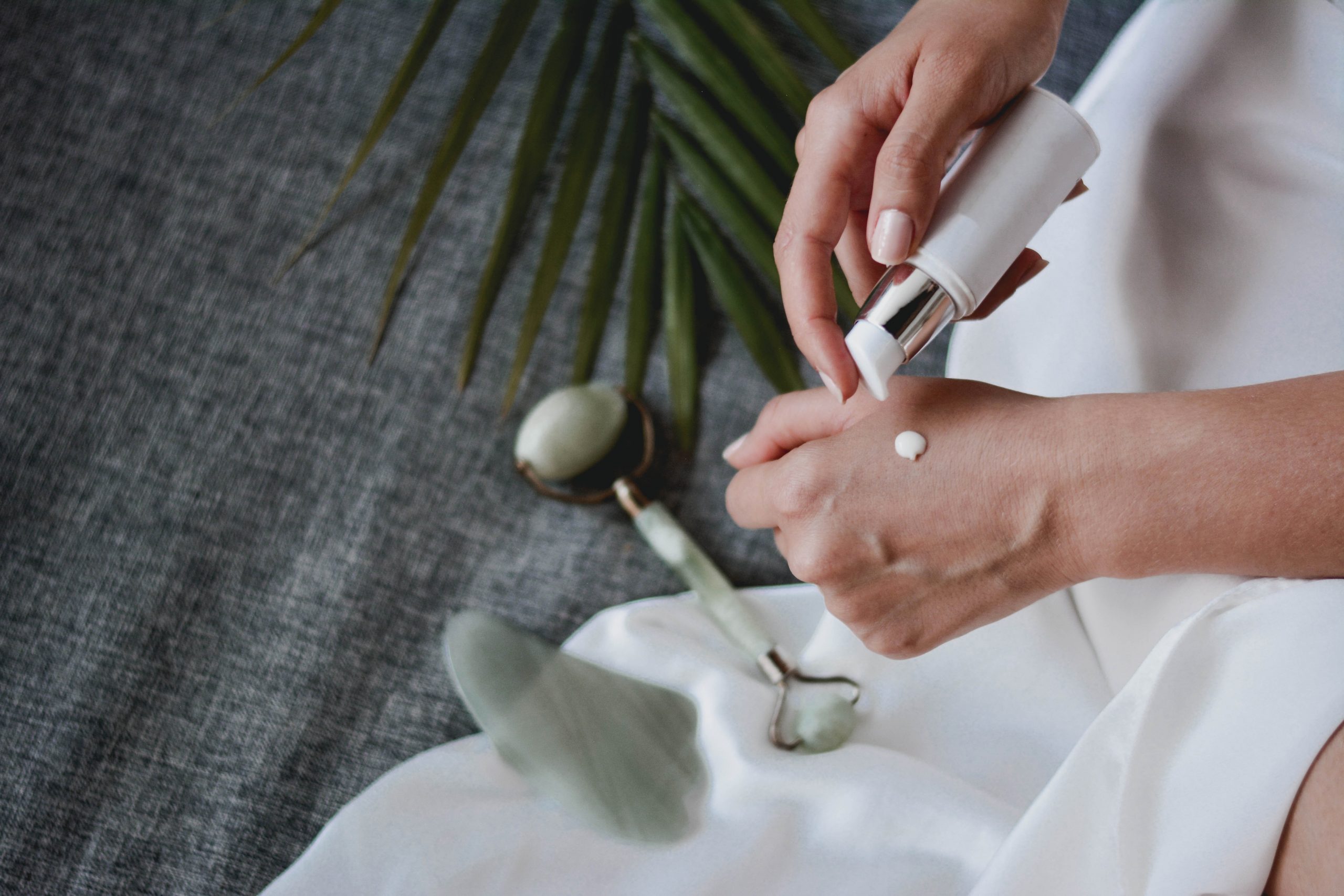






Comments are closed.